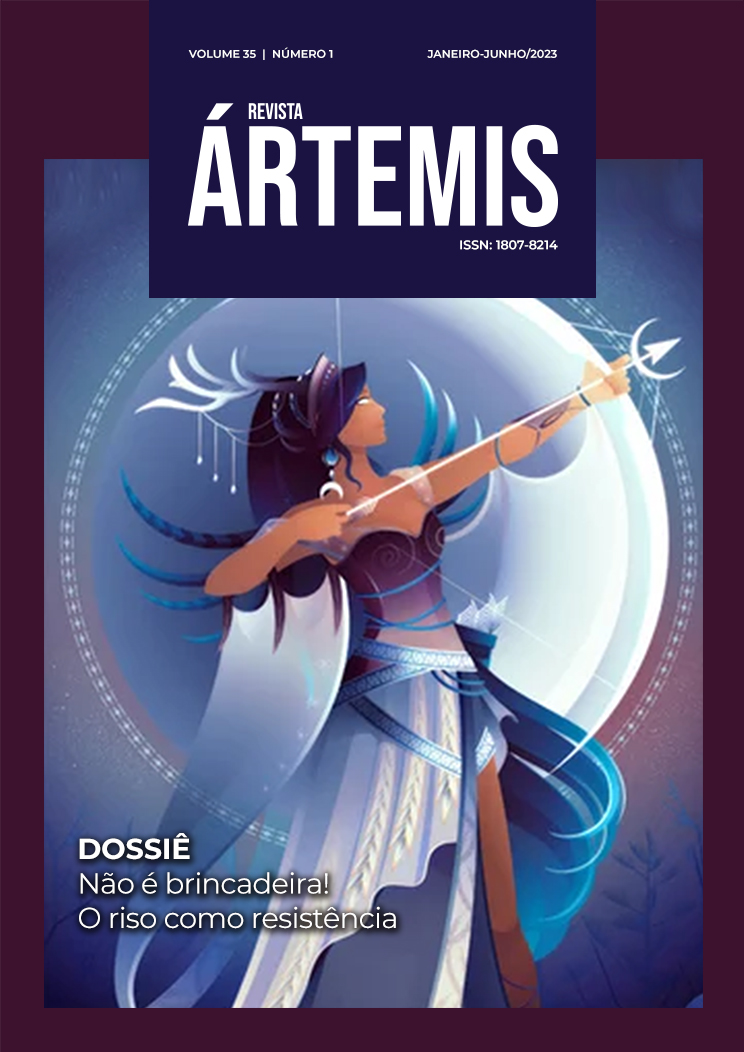Irony as a discursive strategy to address sexual violence in “Larvas e prodígios”, by Zulmira Tavares
Keywords:
Irony; sexual violence; Brazilian literature; female authorship.Abstract
The paper proposes a study of the short story “Larvas e prodígios”, initially published in the novel O mandril (1988) and republished in Região (2012), by Zulmira Ribeiro Tavares. The research objective is to reflect on the use of irony as a discursive strategy to address and approach the sexual violence practiced by the protagonist of the narrative. For that purpose, I resort to the artist’s critical fortune, more precisely to the studies produced by Guedes (2020), Schwarz (1987) and Massi (2012). Furthermore, I seek support from female scholars who tackle discussions about literature written by women and gender-based violence, namely Schmidt (1995), Muzart (2004) and Segato (2003). And when it comes to perceiving irony as a discursive strategy, I derive from the theoretical framework provided by Jankélévitch (1964), Duarte (1994), Pavis (1999), Minois (2003) and Hutcheon (2000). As a result of the research, I conclude that it is through irony, from the authoress’s proposing to tell a seemingly random story, among so many prodigies, that the writer creates in a few paragraphs a narrative of enormous potential as social critique and denunciation of the injustices that underline Brazilian society in the last decades of the 20th century.







